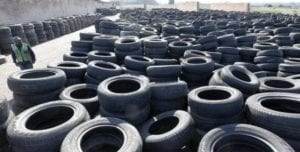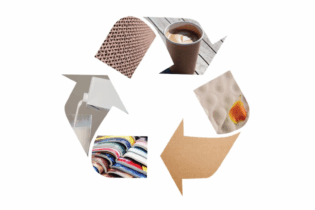
REDISA is proving that the use of alternative fuels in cement manufacturing makes good business sense for the industry, at the same time remediating the environment of waste tyres.
Driven by urbanisation, globalisation, infrastructure renewal and the increasing needs of developing “megacities”, construction in emerging markets is expected to double within a decade and will become a $6.7 trillion business by 2020.
In order to benefit from the trends identified in the construction industry, companies need to look at strategies to better position themselves to manage the supply side and capture the increased demand.
Reducing costs and carbon emissions
PPC, as a world class provider of building materials and solutions into the basic services sector, is already using this insight to drive its growth and development.
PPC has an approved agreement to source waste tyres as alternative fuel. The company is currently receiving approximately 8000 tonnes per annum of waste tyres for use in cement kilns in the Western Cape from the Recycling and Economic Development Initiative of South Africa (REDISA)
The waste tyres supplied by REDISA are utilised as a substitute (through co-processing) for up to 20% of current coal usage.
At PPC, indications are that waste tyres will replace 15% of coal usage at its alone. Energy scarcity in the Western Cape is one of the reasons why high-energy users look into the use of alternative fuels.
The co-processing of waste in cement kilns not only reduces cost but also reduces carbon emissions from cement manufacturers and reduces the need for non-renewable energy.
Seeing value in waste
“With an increased focus on the sustainable use of resources and environmentally friendly waste management practises to support the growth in demand, it made business sense for us to look at alternative sources of energy for our cement plants,” says John Vorster, General Manager at PPC De Hoek.
According to REDISA CEO Hermann Erdmann, “Given that the world will be home to 5 billion middle class consumers within the next 20 years, natural resources are being placed under increasing stress to meet housing, product and lifestyle demands. To reduce this pressure, REDISA has realised that waste should be looked at differently; not as waste but as something with value.







